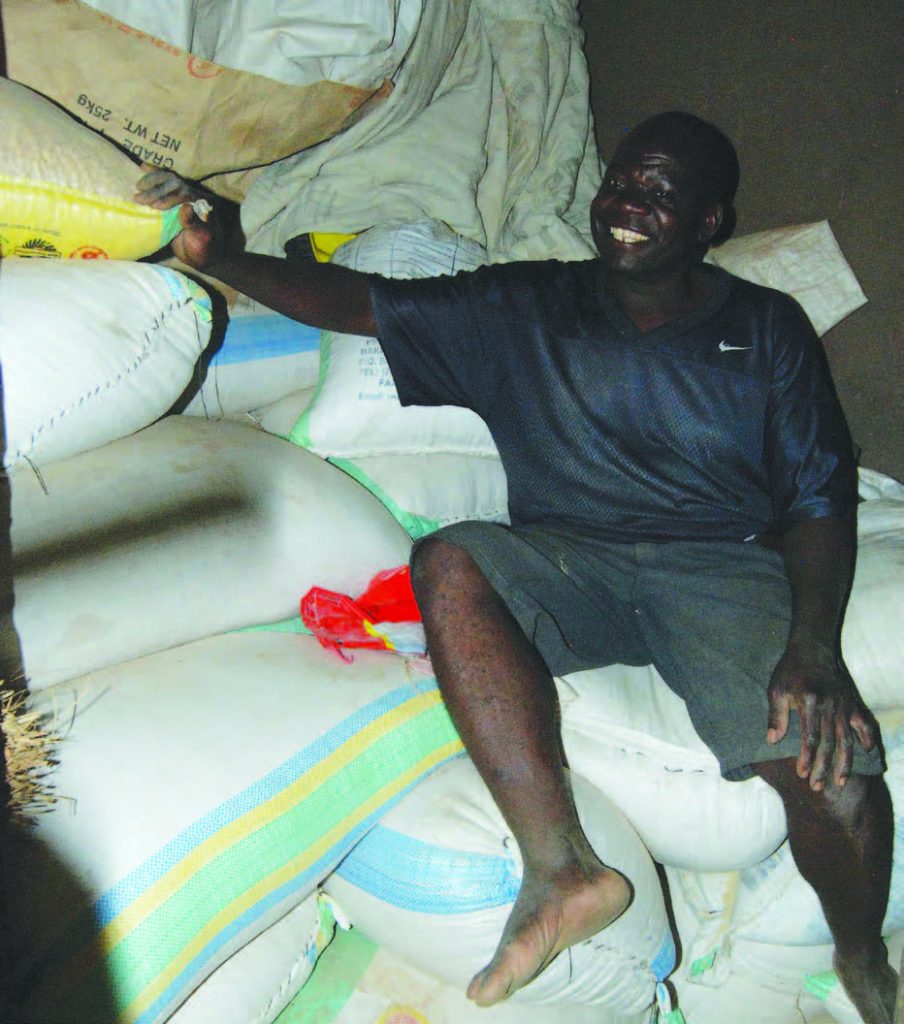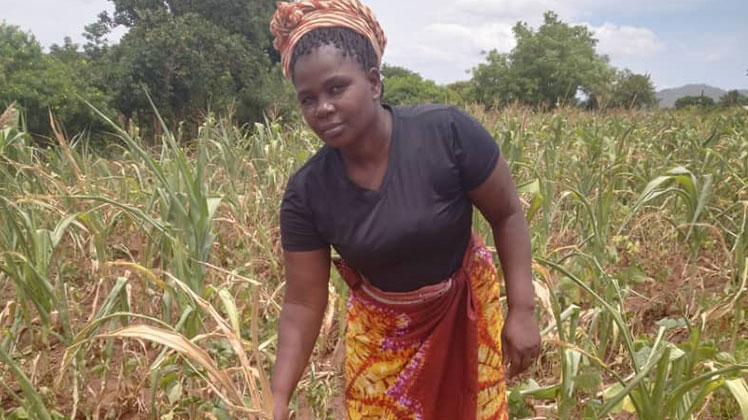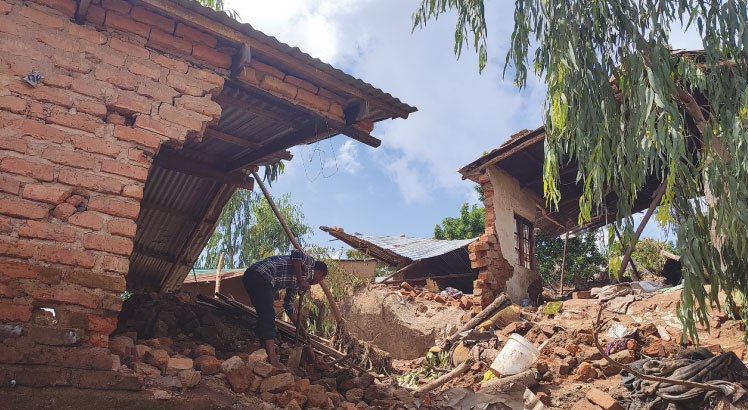Goodbye charcoal business
Over half of Malawians are poor partly due to rapid population growth and reliance on rain-fed agriculture.
This is vivid in Kunthembwe, a rural community of about 46 000 people west of Blantyre City. The area experiences erratic rainfall amid massive deforestation, silted rivers and loss of fertile soil. Falling crop yields leave most people reliant on illicit charcoal production.

For six years, Thomas Mpemba, 40, has been making charcoal for sale to support his family.
“A half-acre field could not produce enough maize for my family due to erratic rainfall and breached soils,” he says.
Mpemba used to cycle long distances to source and sell illegal charcoal.
“I wanted to quit, but we had no other source of income,” he says.
This is a common dilemma in communities close to Kapichira Hydropower Station and Walkers Ferry water pumping station on the Shire River.
Malawi Watershed Services Improvement Project (Mwasip), funded by the World Bank, is empowering these communities to conserve Kapichira catchment area.
Village natural resources management committees (VNRC) promote sustainable land management and agricultural practices.Outstanding groups receive grants from Mwasip’s community environmental conservation fund to embrace income-generating activities that do not harm the environment.
Last year, Mpemba joined a committee of 35 in Chiphanda under Namitondo Mini-Catchment, where he now champions conservation activities and improved agricultural practices. These include tree planting, forest regeneration, firebreaks, contour ridging, manure use, construction of swales and box ridges.
Mpemba was among 200 people from six villages who received K15 million grant after successfully implementing Mwasip activities.
“I was happy,” he says. “I invested K190 000, in a grocery shop which gives me profits every day.”
Using farming methods promoted by Mwasip, Mpemba now produces 35 bags of maize weighing 50 kilogrammes each.
Agnes Makoka, from Namputo Village, received K200 000. She sells maize and is into beekeeping.
“We used to fell trees for a living, but now protect them because we appreciate their value and have a steady source of income,” says Makoka.
She orders maize worth K600 000 and resells at more than K1 million. “Half of the profit supports my family and keeps my five children in school,” she says.
“The grant boosted our drive to conserve the environment and venture into better businesses,” says Makoka.
The recipients of the revolving grant are expected to pay back with a 20 percent interest within three months.
Mwasip is running in Mangochi, Machinga, Balaka, Zomba, Ntcheu, Blantyre and Neno districts.
Mwasip Blantyre district coordinator Olive Vokhiwa says the project seeks to increase the adoption of sustainable landscape and watershed management.
“In Blantyre, 12 500 households are expected to conserve 8 000 hectares in the Kapichira catchment,” she says.
The committees provide small loans to members who implement their village land action plans.
“The money is accessible to all communities involved in the landscape restoration programmes based on successful implementation of environmental conservation,” she says.
Blantyre district commissioner Alex Mdooko calls for mindset change to restore degraded landscapes.





